An Early Stage Researcher’s comprehensive perspective on the PETER kick-off event held at Barco, Kortrijk, Belgium on 4th & 5th Feb 2020.
This blog aims to describe the general outlook of how all ESRs truly felt during our first network meeting and inclined us to establish the PETER family.
Day 0: Arrival
As mobility is an integral part of the MSCA Projects, all the ESRs along with their supervisors arrived Kortrijk, Belgium a day prior to the commencement of the initiatory ceremony. The overseas journey was performed by flight, train or car depending on our respective locations in the EU. Our suitable lodging was at Hotel IBIS Styles, very close to the event facility. Meeting other ESRs felt very nostalgic, as some of us had gained mutual acquaintance, at the recruitment event almost a year before. We went to bed early to be fresh and resilient in the morning.
Day 1: Commencement and Main Theme
After a nutritious breakfast, we were off to the main building of Barco. The PETER project officially kicked off with the first face-to-face meeting with the whole consortium. The Project Coordinator, Prof Davy Pissoort gave everyone a warm welcome and started the session by introducing and updating each participant (ESRs, supervisors, partner organizations, management support team) on the objectives of the three-year project. The meeting offered an engaging platform to candidly discuss the research that will take place and the responsibilities allocated to all the ESRs regarding the project. At this stage, the event provided all ESRs the splendid opportunity to fine-tune approaches and have detailed discussions with experts in the field, receive constructive feedback and compare notes with each other as to progress and ultimately lead to success!
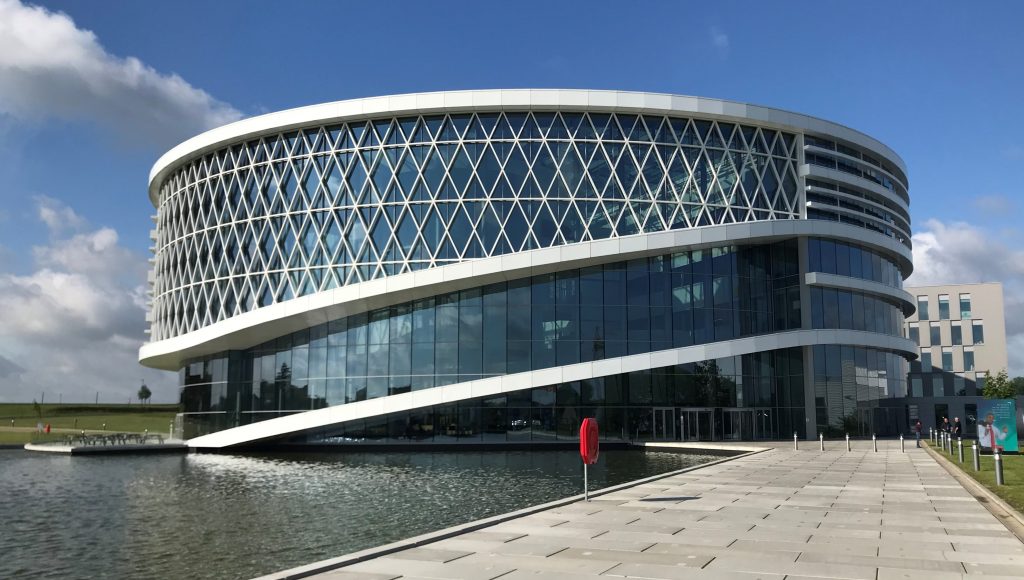
Fig. 1: A wonderful view of the Barco main building.
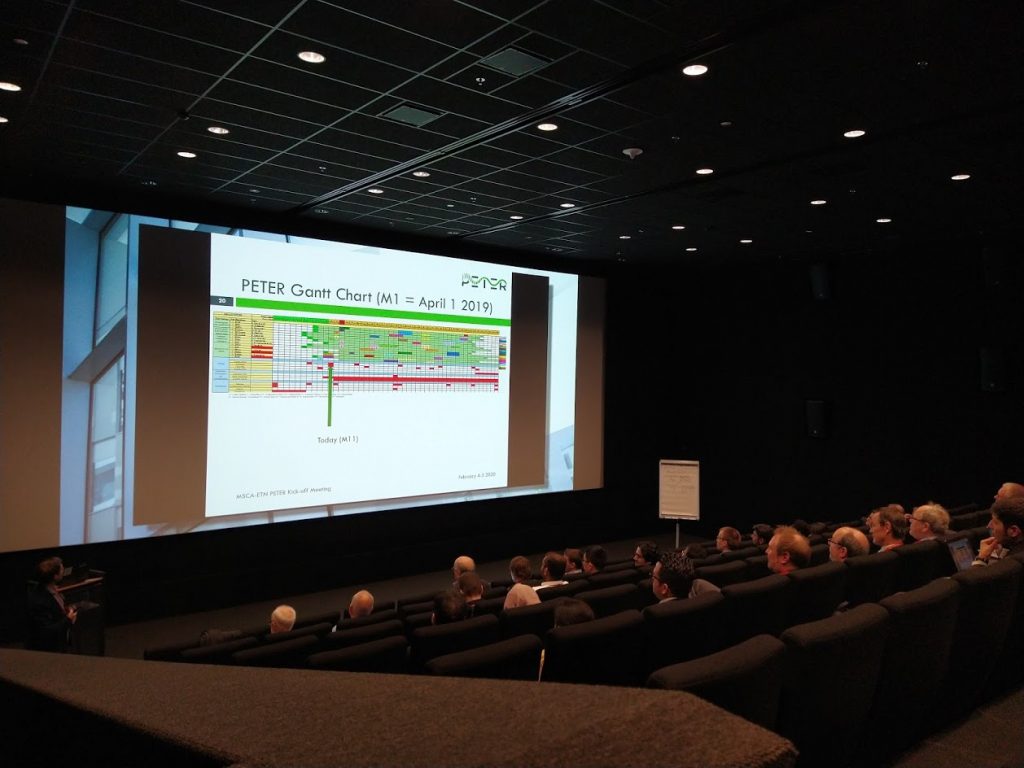
Fig. 2: Welcome presentation by the PETER Coordinator.
The most thrilling part of the meeting was the pitch presentations where each ESR had to introduce themselves, their institute and current state of innovative research, focusing on outreach contributions as well. Everyone provided their own respective unique way of presenting their work and was inspired to contribute to the vision of PETER. We were assigned the choice of electing an ESR representative, who would become an active member of the Supervisory Board and manage effective communication between ESRs and the consortium. I eagerly volunteered to be that representative, because of my previous experience in an Erasmus Masters and was unanimously elected by all the present ESRs. We retain the viable option of re-electing the representative each year, in case they are overburdened by the social responsibilities (Hopefully not!!).
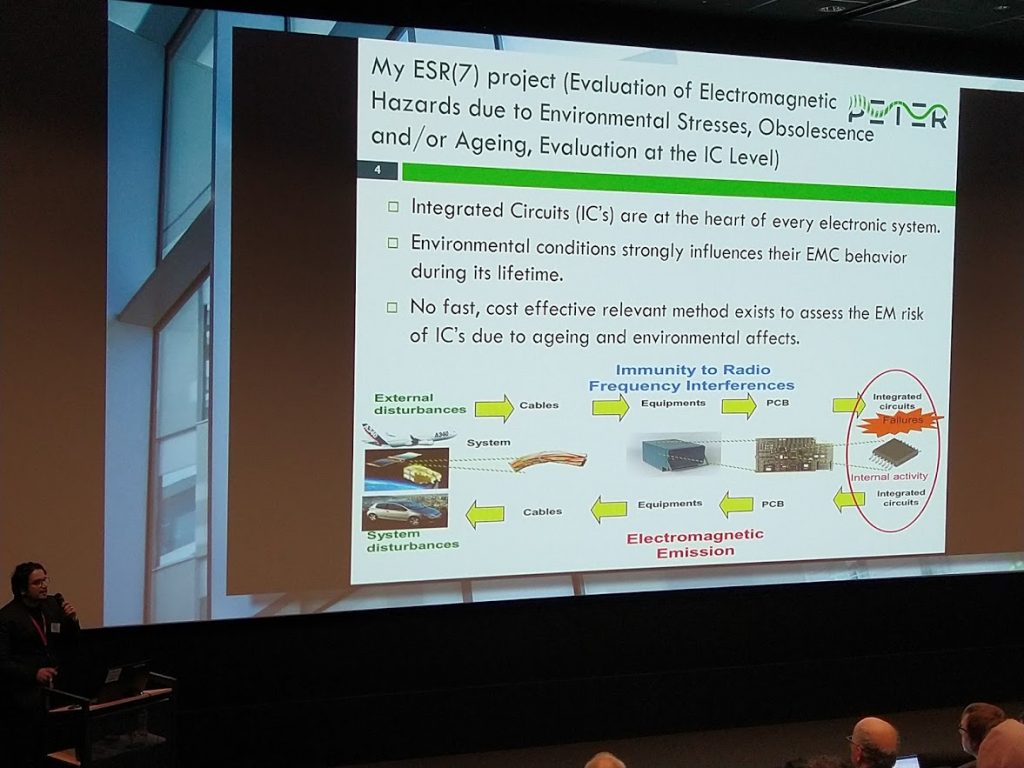
Fig. 3: ESR 7 representative Pitch Presentation.
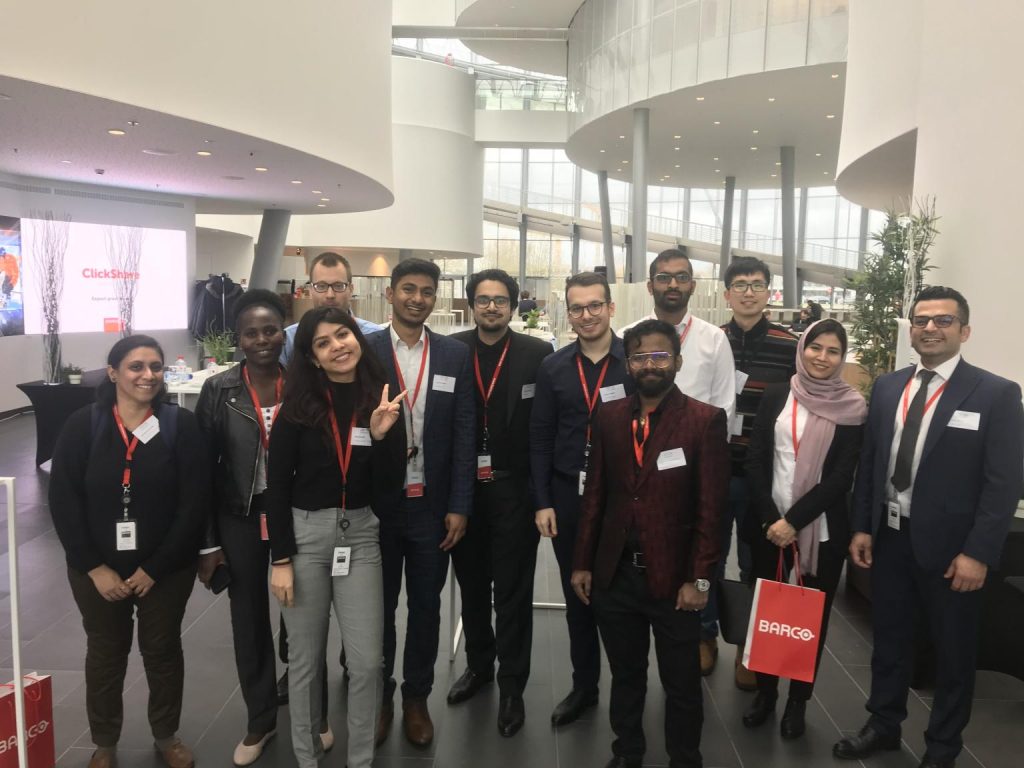
Fig. 4: Talented Group of PETER ESRs (It’s all about us!!).
Right after a hasty lunch, the ESRs and their supervisors had soft skills training. The supervisors training was based on their Role & Responsibilities towards the doctorate students in the PETER project. We ESRs attended two separate interactive sessions on Open Access, Open Science and Ethics, Integrity. Most of the materials carefully discussed, made us aware of the social norms we have to deal with during our research. Some questions were left unanswered, like Guest authorship or Open access repositories, possible problems in academic research, which will take time to overcome. By the end of the session, we received participation certificates and on behalf of all ESRs, I presented the lecturers with delicious Belgian Chocolates as a token of our appreciation.
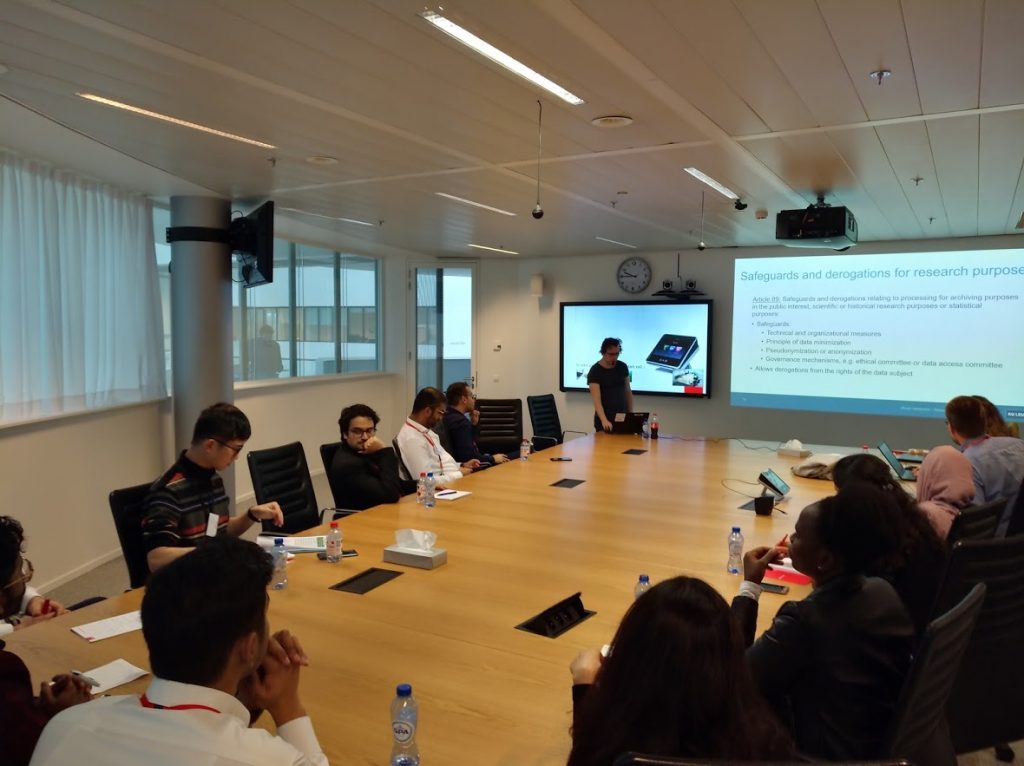
Fig. 5: Interactive ESR Soft Skill session on Integrity and Ethics.
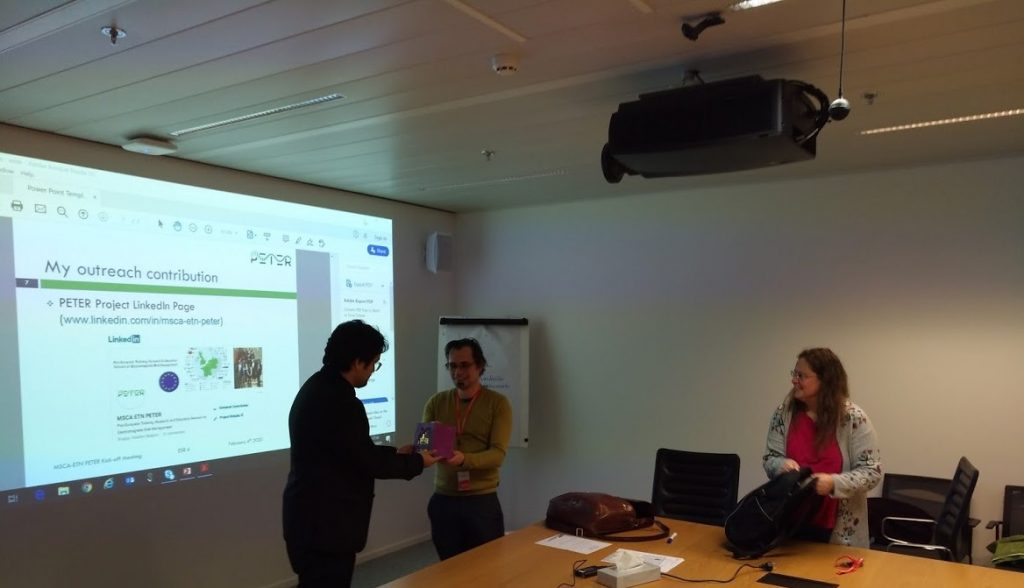
Fig. 6: Lecturers receiving gifts for their effort.
A guest Lecture from Keith Armstrong followed these trainings, on how the discipline of EMI Resilience evolved over the last two decades. After a hectic day of seminars and presentations, the best was saved for last, the exquisite project dinner at Barco. Over here, we were able to relax and enjoy the magnificent buffet consisting of Belgian cuisine. The first day had officially ended for everyone except the ESRs. We sat down at the cafeteria of our hotel and discussed our ideas on how to collaborate on conferences and promote PETER on social media. We appointed specific persons for blogging, Facebook, twitter, LinkedIn and the PETER website. If time permitted, a podcast and a video will be prepared at the next network wide event.
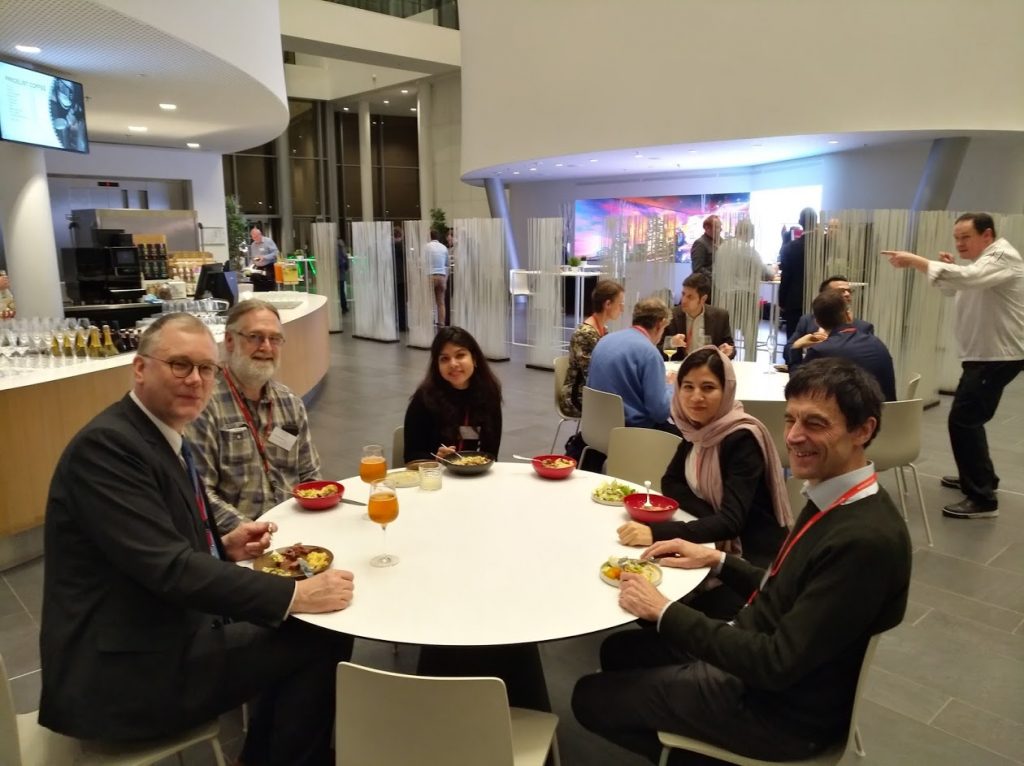
Fig. 7: Dinner Time (Entertaining Chef!!).
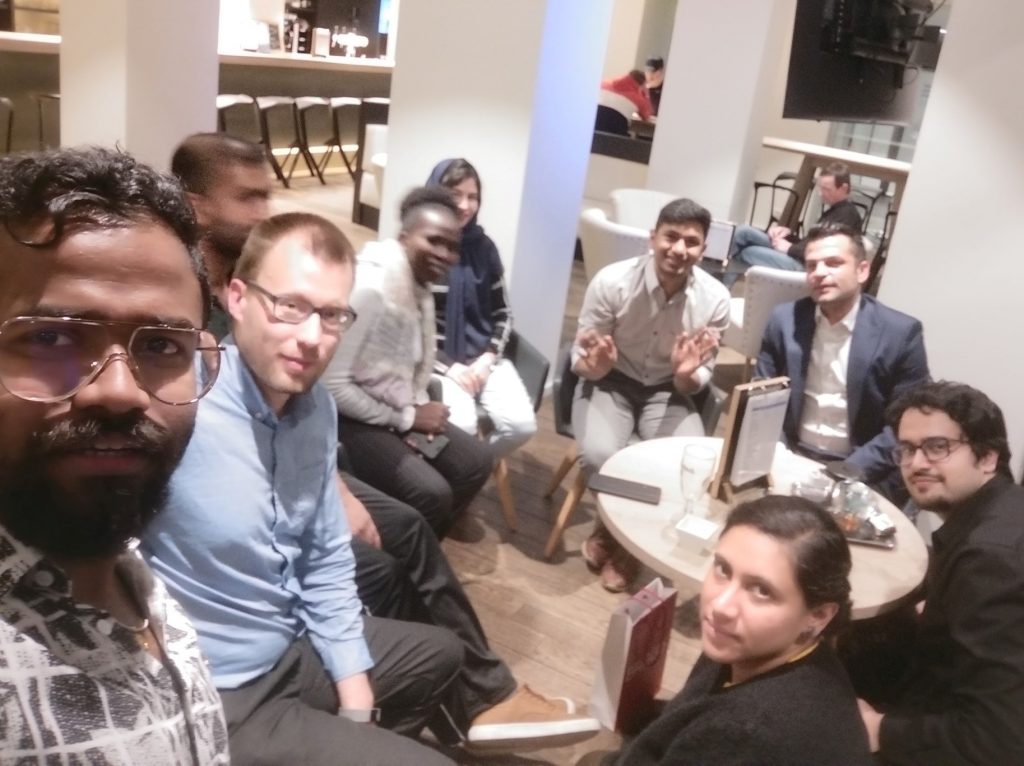
Fig. 8: ESR discussion time at Hotel Cafeteria
Day 2: Planning and Conclusion
The following day began with a session of Work Package (WP) 1-4 Parallel discussions where the WP leader interacted with the ESRs, Supervisors and partner representatives. The feasibility of the scientific tasks, deliverables, data management and specific milestones was carefully reviewed. Technical aspects and practicalities were clarified with minimal changes in the planned deliverable dates. Next came the Secondments café, where ESRs met the representatives of the institutions hosting the secondments. We had a chance to informally interact and finalize the practicalities related to mobility. Unfortunately, this realistically was the only part of the successful event that was not managed perfectly. Because of some ESRs (3 out of 15) still not embarking on their projects, brought delays in the secondments. Unusually less time was allocated for these discussions and optimal results of the objectives; timings were not reached. Most work groups had to separately coordinate structural meetings to reach an agreement regarding the practicalities and arrangements. For forthcoming events, I am certain this will not be repeated and properly dealt with in a professional way.
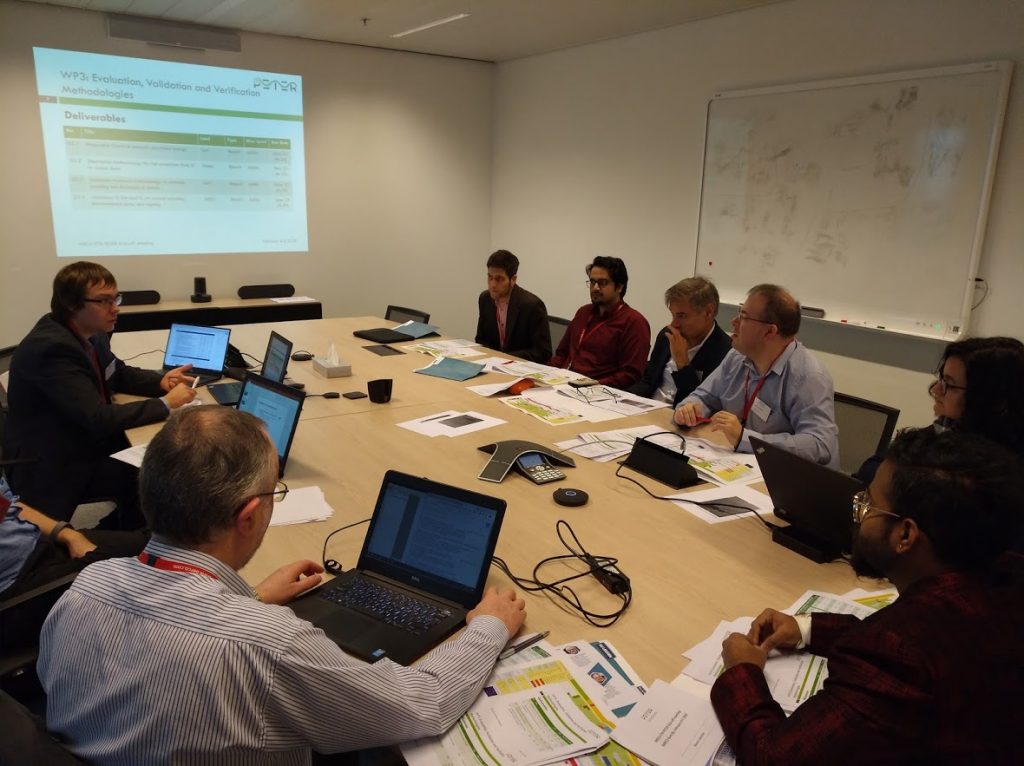
Fig. 9: WP3 Parallel Session.
The concluding part of the event arrived after lunch, when the members were able to participate in the Experience, Factory and Lab tour at Barco. The experience tour was about witnessing Barco’s products related to healthcare, enterprise and entertainment. The highlight feature was when watching a 3D movie with Barco’s product, enduring less tiredness. Regarding healthcare surgical and diagnostic displays were shown in the test room. A design system, similar to virtual reality was introduced in the enterprise phase. With Barco’s unique glasses and controller, one could design layout of buildings, rooms and view it from multiple angles. Before starting the factory tour, we wore appropriate shoes and jackets for ESD protection. This mainly illustrated the expanded product line explained by the individual working staff. In the guided Lab tour, the staff introduced all relevant electronic and mechanical tests performed on Barco’s innovative products.
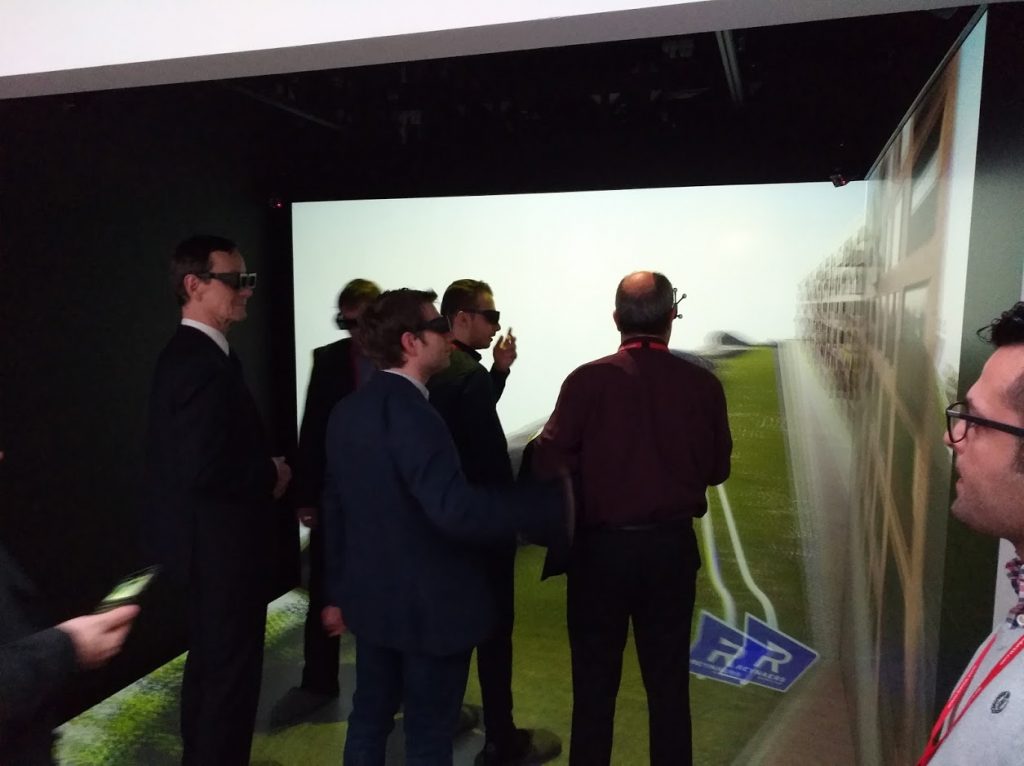
Fig. 10: Barco Experience Tour.
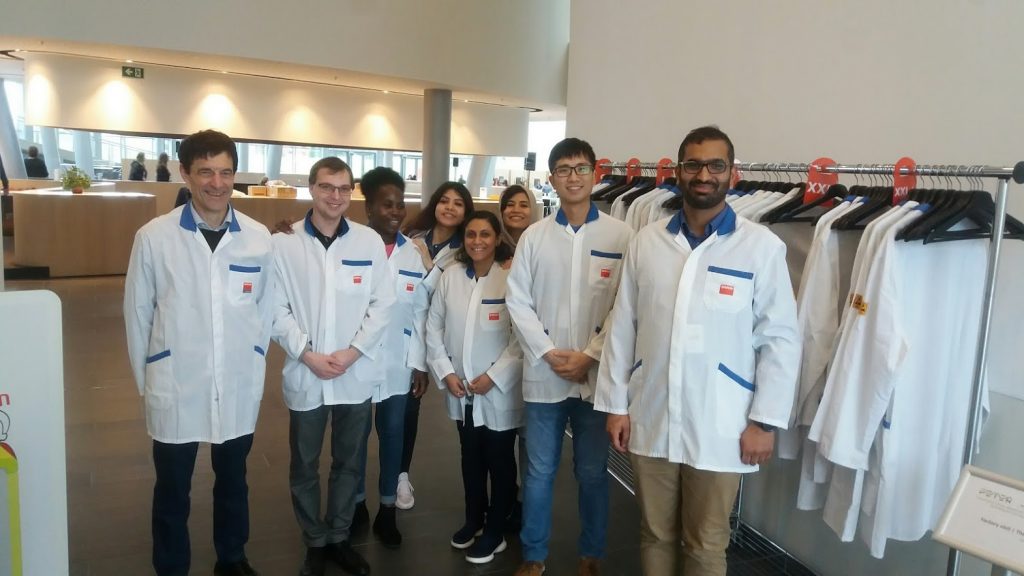
Fig. 11: Barco Factory Tour (ESD protection).
After taking the final group photo of the whole consortium, we had to say our goodbyes and were eager to meet again at the next NWE in Germany. We would like to thank Ronny Deseine and his unified team at Barco for their tremendous effort in making this kick-off event memorable for us. This occasion represents the beginning of the PETER family, and we have many more events to look forward. Until next time, best of luck everyone with their academic research and professional careers.
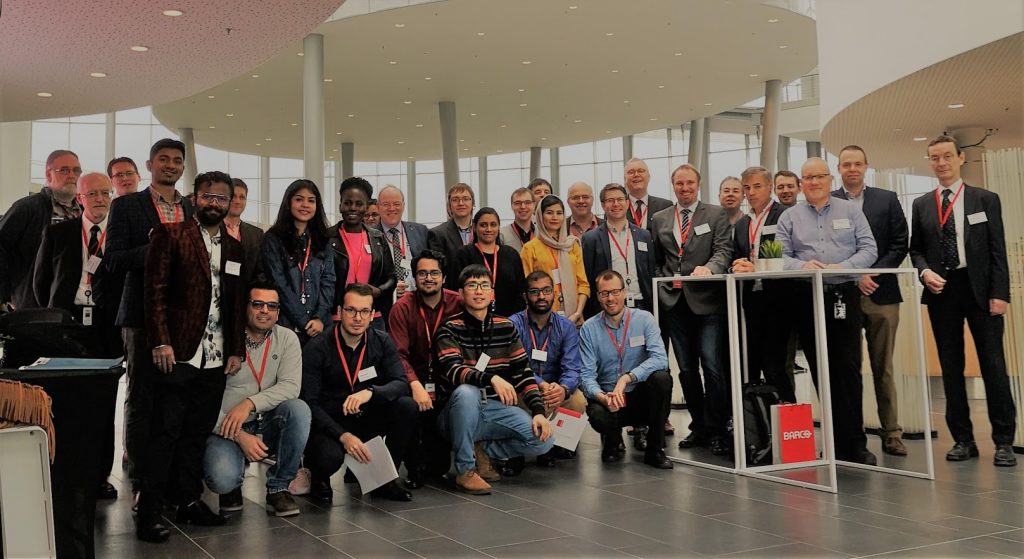
Fig. 12: MSCA PETER Consortium.
About the Author: Qazi Mashaal Khan
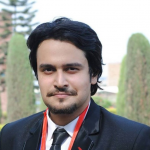 Qazi Mashaal Khan is an Early Stage Researcher for the MSCA ETN PETER project. He is doing his research at the Radio and Hyper-frequency (RF) and the Electromagnetic Compatibility (EMC) group at ESEO, France. His Doctoral Degree will be provided by INSA Rennes University. As part of the ETN – PETER ESR 7, he will carry out the extension of the Integrated Circuit (IC) Immunity and Emission models to incorporate environmental stresses. HALT (Highly accelerated lifetime testing) will be combined with EMC to age an IC in limited time. The main motive will be in depth understanding of ageing, thermal stresses and obsolescence on EMC behavior on many categories of ICs.
Qazi Mashaal Khan is an Early Stage Researcher for the MSCA ETN PETER project. He is doing his research at the Radio and Hyper-frequency (RF) and the Electromagnetic Compatibility (EMC) group at ESEO, France. His Doctoral Degree will be provided by INSA Rennes University. As part of the ETN – PETER ESR 7, he will carry out the extension of the Integrated Circuit (IC) Immunity and Emission models to incorporate environmental stresses. HALT (Highly accelerated lifetime testing) will be combined with EMC to age an IC in limited time. The main motive will be in depth understanding of ageing, thermal stresses and obsolescence on EMC behavior on many categories of ICs.


